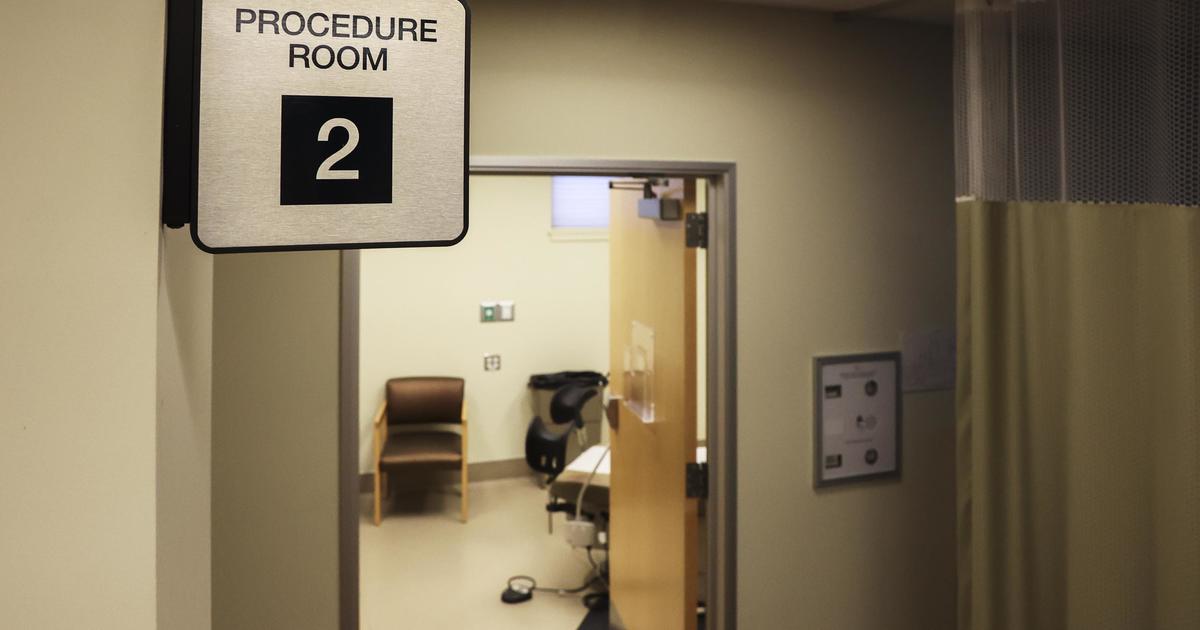
North Dakota Supreme Court keeps in place block on state's abortion ban
CBSN
Washington — The North Dakota Supreme Court on Thursday kept in place a lower court order blocking enforcement of the state's trigger law banning abortion while a legal challenge continues, finding the measure likely violated the North Dakota Constitution.
The decision from North Dakota's highest court came in a case brought by an abortion provider, which was once the state's only clinic, after the U.S. Supreme Court overturned Roe v. Wade, unwinding the right to an abortion under the federal constitution and leaving abortion policy to the states. The provider, Red River Women's Clinic, relocated to Minnesota as a result of North Dakota's abortion restrictions.
North Dakota's trigger law was approved by the state legislature in 2007 and makes it a felony for a person to perform an abortion. It includes exceptions for abortions performed as a result of rape or incest, or to save the life of the mother.
